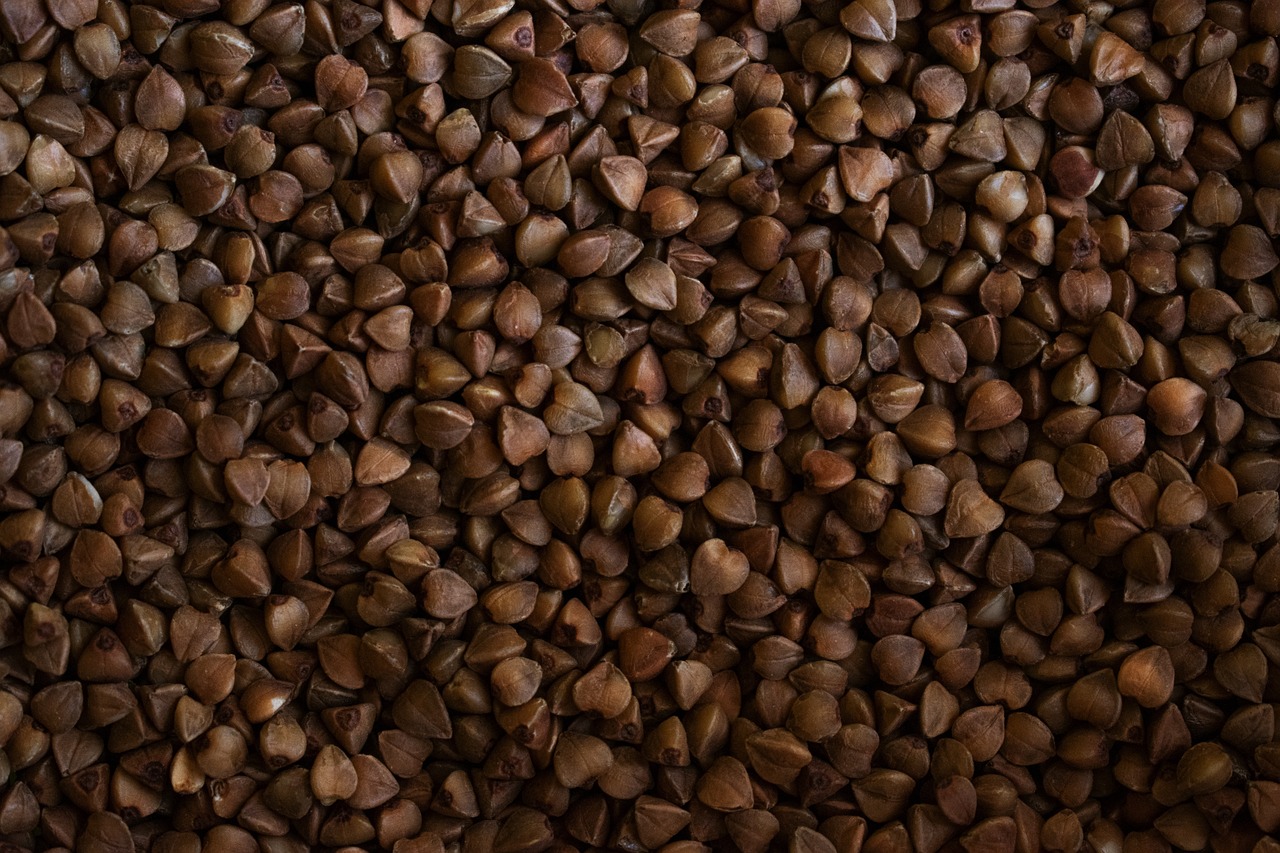Investigating consumer perception towards additives in pulp and puree products: Betbhai9 sign up, Playexchange login, Lotus365 vip login
betbhai9 sign up, playexchange login, lotus365 vip login: Investigating consumer perception towards additives in pulp and puree products
When it comes to choosing food products, consumers are becoming more conscious about what they put into their bodies. With a growing interest in health and wellness, many people are paying closer attention to the ingredients list on food labels, particularly when it comes to additives. Additives are substances that are added to food products to enhance their flavor, texture, appearance, or shelf life. While some additives are considered safe for consumption, others have raised concerns about their potential health effects.
In this article, we will explore consumer perception towards additives in pulp and puree products. Pulp and puree products are popular choices for consumers looking for convenient and nutritious options, whether they are used for cooking, baking, or enjoying as a standalone snack. We will delve into how consumers view additives in these products, what factors influence their perception, and how food manufacturers can address these concerns to meet consumer expectations.
Understanding consumer concerns about additives
Consumers’ perception of additives in food products is influenced by a variety of factors, including health concerns, nutritional value, taste, and trust in the brand. Additives are often associated with processed foods, which have been linked to various health issues such as obesity, heart disease, and diabetes. As a result, consumers are increasingly wary of food products that contain additives, opting for more natural and minimally processed options.
In the case of pulp and puree products, consumers may have concerns about the use of additives to enhance the taste or appearance of the product. While additives can help improve the texture and shelf life of these products, consumers may worry about the potential health risks associated with certain additives, such as artificial colors, flavors, and preservatives. They may also be concerned about the impact of additives on the nutritional value of the product, especially if they are trying to make healthier choices.
Factors influencing consumer perception
Consumer perception towards additives in pulp and puree products is influenced by several key factors. These include:
1. Ingredient transparency: Consumers are more likely to trust food products that have transparent labeling and clearly list all ingredients, including additives. They prefer products that use natural or familiar ingredients, rather than chemical or artificial additives.
2. Health and wellness concerns: Consumers who prioritize health and wellness are more likely to avoid food products that contain additives, as they may perceive them as harmful or unnecessary. They may prefer organic or all-natural products that are free of additives.
3. Taste and texture preferences: Some consumers may be willing to overlook the presence of additives in pulp and puree products if they enhance the taste or texture of the product. They may see additives as a way to improve the overall eating experience.
4. Brand reputation: Consumers trust certain brands more than others when it comes to food products, based on factors such as quality, sustainability, and transparency. A brand’s reputation can influence consumers’ perception of additives in their products.
Addressing consumer concerns
To address consumer concerns about additives in pulp and puree products, food manufacturers can take several steps to meet consumer expectations:
1. Use natural additives: Instead of artificial additives, manufacturers can use natural ingredients to enhance the flavor, texture, and appearance of pulp and puree products. Natural additives are perceived as safer and healthier by consumers.
2. Provide clear labeling: Manufacturers should ensure that their products have clear and transparent labeling, with all ingredients, including additives, listed on the packaging. This helps consumers make informed choices about the products they purchase.
3. Highlight nutritional value: Manufacturers can emphasize the nutritional value of their pulp and puree products, including the benefits of any additives used. Consumers are more likely to accept additives if they are shown to improve the nutritional quality of the product.
4. Seek consumer feedback: Food manufacturers can engage with consumers to gather feedback on their products, including their use of additives. By listening to consumer concerns and preferences, manufacturers can tailor their products to better meet consumer expectations.
Conclusion
Consumer perception towards additives in pulp and puree products is influenced by various factors, including health concerns, taste preferences, and brand trust. To address consumer concerns, food manufacturers can use natural additives, provide clear labeling, highlight nutritional value, and seek consumer feedback. By addressing these concerns, manufacturers can build consumer trust and loyalty, while offering products that meet the evolving demands of health-conscious consumers.
FAQs
Q: Are all additives harmful?
A: Not all additives are harmful. Some additives are considered safe for consumption and are used to improve the taste, texture, and appearance of food products. It is essential to make informed choices based on the type and amount of additives used in a product.
Q: How can I identify additives in pulp and puree products?
A: Additives are typically listed on the ingredients label of food products. Look for names of additives such as preservatives, colors, and flavors. Manufacturers may also use terms like “natural” or “artificial” to indicate the origin of additives.
Q: Are natural additives better than artificial additives?
A: Many consumers prefer natural additives over artificial additives, as they are perceived as safer and healthier. Natural additives are derived from plants, animals, or minerals, while artificial additives are synthetic chemicals. It is important to consider the type and source of additives when making food choices.







